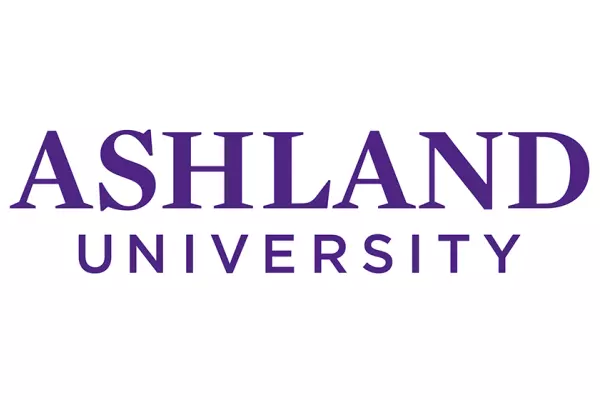
AU board approves streamlining program offerings
07/25/2020 ASHLAND, Ohio – The Ashland University Board of Trustees this week approved the recommendations of a task force and an administrative unit charged with reviewing all the University’s undergraduate academic programs in an attempt to streamline its offerings and position itself for the next generations of students.
“This has not been an easy process, because every program has merit, with faculty and students who have valued it,” said AU President Carlos Campo. “We stand now at a crossroads: what is in the best interest of Ashland University going forward? We feel it necessary at this time for the university to focus its attention on the enhancement and continuation of its top undergraduate programs, while instituting a revised three-year program review that will allow it to be more forward thinking about new programs that will meet future marketplace and student demand.”
The task force called for continuation and/or enhancement of 31 programs, the realignment of two programs and the sunsetting and “teach out” of another 20 programs.
The board’s vote comes after nearly four months of meetings of the 16-member task force, and reviews of the recommendations by the board’s Academic Affairs, Finance and Facilities Joint Committee and later by its Executive Committee.
The task force – composed of the deans and faculty representatives of all Ashland University’s colleges and Faculty Senate – began on April 9 to review data on all undergraduate academic programs which included consideration of market attractiveness, fit with the University’s mission and revenue margins. The group used a comprehensive approach which also included consideration of the number of new student deposits for programs, five-year history of majors and degrees awarded, revenue generated and the costs to deliver those credit hours. In this review, academic programs were defined to include related majors which are delivered by faculty with closely related academic expertise. For example several majors are taught by the chemistry faculty and we thus “merged” together for analyses.
Using that data in a holistic review, the university’s will continue to offer programs in Childhood/Early Childhood Intervention Specialist, Biology, Business Management, History, Intervention Specialist K-12, Psychology, Business Administration, Middle Grades Education, Communication Studies, Marketing, Finance, English, Accounting, Mathematics, Sport Management, Nursing, Criminal Justice, Exercise Science, Political Science, Journalism-Digital Media, Social Work, Chemistry, Art, Computer Science and Entrepreneurship. Music programs that will continue include the Bachelor of Music in Music Education and the Bachelor of Arts in Music.
The undergraduate programs approved for sunsetting will enroll students for the final time this fall and any student beginning or currently in those programs will be eligible to continue on and earn their degree. Those programs include the Bachelor of Science programs in Athletic Training, Physics, Geology and Geoscience Technology Management, while a new major in Public Health that was selected by only two students will not be launched as scheduled this fall. Also to be sunsetted are Bachelor of Science in Education secondary licensure programs in Physical Science, Chemistry and Earth Science education and BSEd programs in French and Spanish education. The dual licensure in Middle Grades/Intervention Specialist program also will not be taught.
Bachelor of Arts programs that will be sunsetted include Health and Risk Communications, Computer Art and Graphics Programming, Economics, Spanish and French. The Music Industry track within the Bachelor of Arts in Music also will be taught out, as will the performance track within the Bachelor of Music degree and the Hospitality Management track of the Bachelor of Science in Business Administration.
Minors also will remain as options in Theater, Geology, Spanish, Music and Applied Music, while minors in French, Spanish (PK-8), Global Studies and Physics also are scheduled for sunsetting.
At this time no full-time faculty positions will be eliminated as a result of these recommended changes. The university will continue observe the processes and procedures specified in the Faculty Rules and Regulations relevant for full-time faculty positions.
Among the new programs AU will be emphasizing is Addictions Counseling, which is offered as a two-year associate’s degree program, a minor selection for those majoring in nursing, social work, criminal justice or psychology, as well as through continuing education units for professionals already working in the field.
Also being rolled out is a Master of Science in Physician Assistant Studies, a full-time, 24-month program designed to send practice-ready physician assistance into a field that continues to grow in popularity.
“As we all know, change is a difficult but necessary process if we are to adapt and flourish in changing times,” Campo concluded. “As a campus community, we must come together, not with regret toward what is past, but with optimism about our place in higher education in the years to come.”
Ashland University is a mid-sized, private university conveniently located a short distance from Akron, Cleveland and Columbus, Ohio. Ashland University (www.ashland.edu) values the individual student and offers a unique educational experience that combines the challenge of strong, applied academic programs with a faculty and staff who build nurturing relationships with their students.###